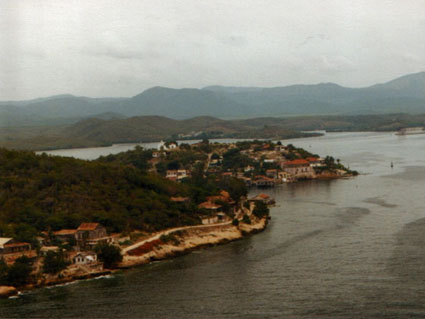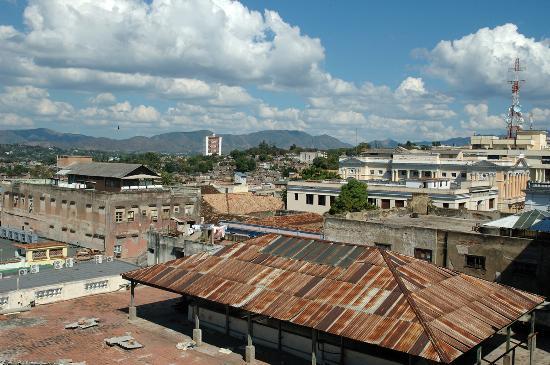Generational changes in Miami have diminished the anti-Cuba lobby's strength, as have changes in the U.S. capital. This means that 2010 may be the year that everything changes for Cuban tourism and the Europeans, South Americans, and Asians that have taken advantage of the island's charms while Americans stayed home. What better way, then, to get a look at Cuba today than with a visit to where everything began to change just over five and a half decades ago. It was here that Castro surfaced for the first time with his failed attack on the Moncada military barracks in 1953. He wasn't the first revolutionary to cause trouble here: the city's known as cuna de la Revolución ("cradle of the Revolution") for its history of slave uprisings and attempts to overthrow its Spanish oppressors. It's not all political firebrands, though. Santiago is a culturally rich and scenic city that retains the intimate, friendly feel of a provincial capital, with peaceful neighborhoods where men play dominoes outdoors on hilly streets.







